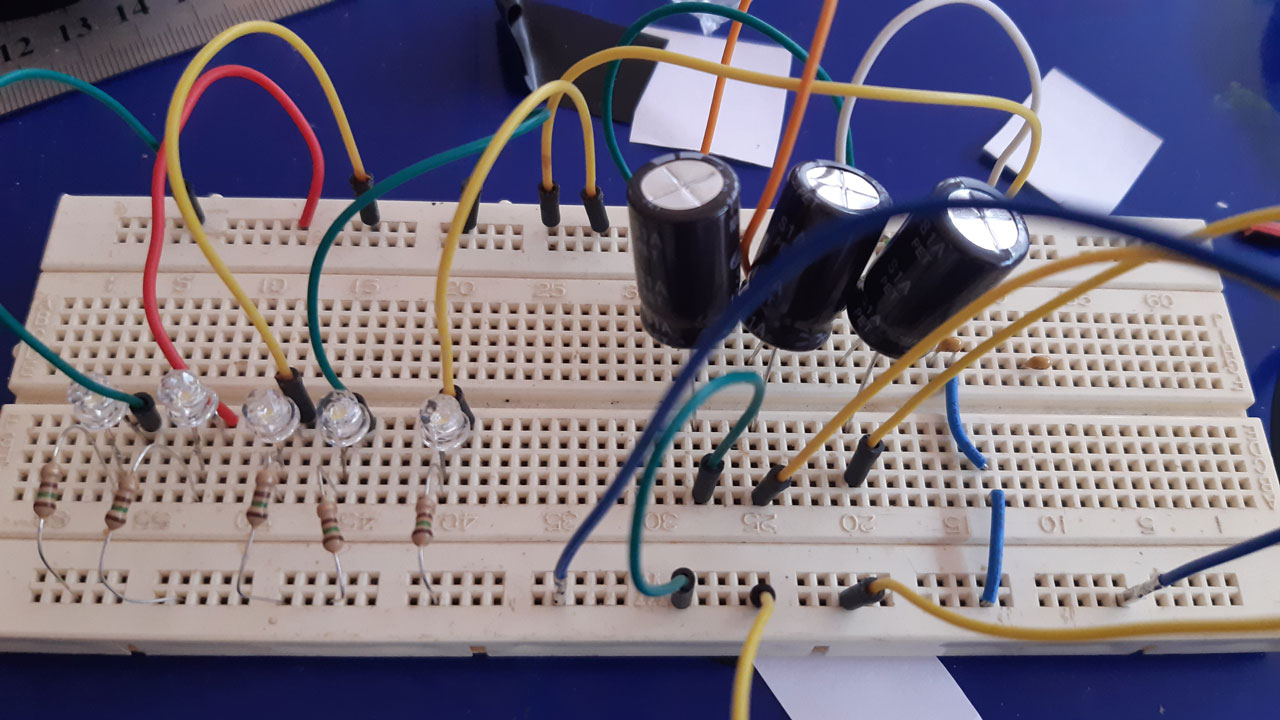
Traditionally dedicated to scientific inquiry and marked by rigor and commitment to experimentation, the concept of the laboratory has evolved into a dynamic, cross-disciplinary space that fosters creativity and collaboration. The term "laboratory" has been adopted in art and design as a metaphor representing the innovative and experimental nature of creative processes, enabled by new possibilities to access tools and resources for investigation. The advent of new media in the arts has disrupted all previous conventional boundaries, challenging all new attempts of categorising artistic and scientific disciplines. This expansion of artistic practices into non-artistic fields has blurred traditional distinctions, fostering novel interdisciplinary dialogues and more complex forms of articulation.
This lecture will examine the evolving definition of a laboratory, exploring who participates in these spaces and what qualifies as a "lab" today. Building on Michel Foucault’s concept of "heterotopic spaces" from his essay “Des Espaces Autres”—spaces capable of juxtaposing several spaces in the same real place, which are in themselves often incompatible—we will consider how contemporary laboratories might become such spaces, promoting new structures and agendas for collective creation, fostering novel frameworks for collaboration and inquiry.
Fabricio Lamoncha is an artist, designer and researcher from Spain, based in Austria. He is currently Senior Artist and Post-Doc at the Interface Cultures department, at the University of Art and Design Linz. He is a member at the Art|Sci Center at UCLA (Los Angeles) and co-founder and organizer of the Leonardo Laser Talks Linz. Fabricio's practices explore the entanglements of media ecology and bioethics, exhibiting internationally and receiving the Art and Artificial Life International Award Vida14.